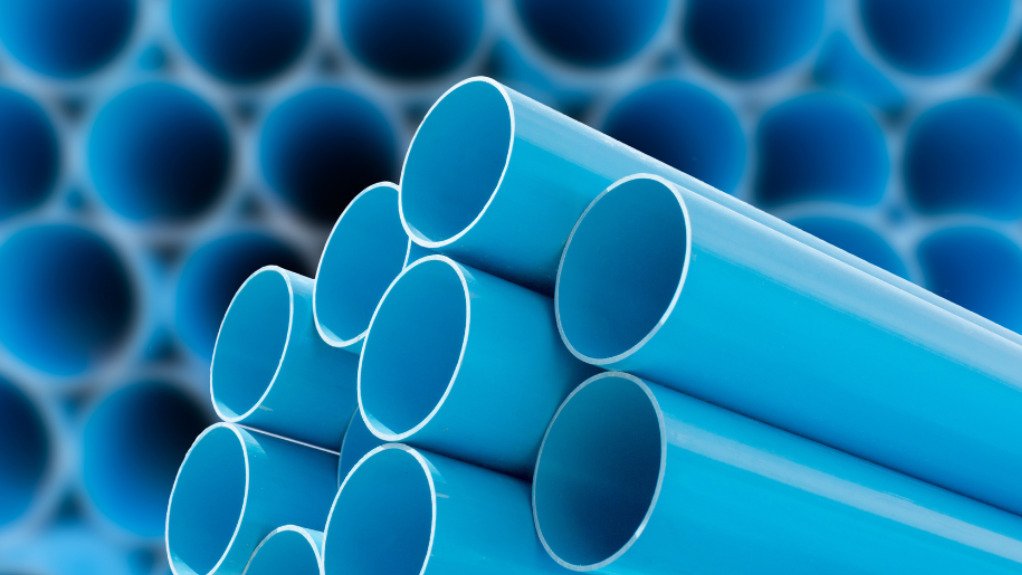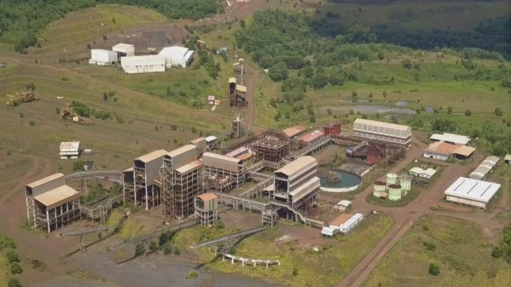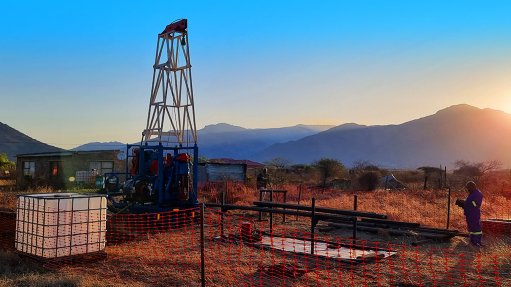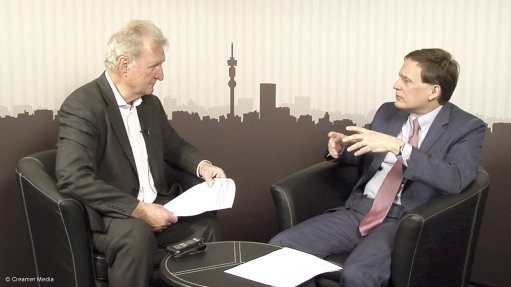Externally-sourced recycled materials risky – association


RISKY PRACTICE Manufacturing HDPE pressure pipes using recycled materials from external sources violates standards and poses a risk to public health and infrastructure reliability
Industry association Southern African Plastic Pipe Manufacturers Association (SAPPMA) has cautioned the plastic pipe industry against the “growing and dangerous” trend of manufacturing high-density polyethylene (HDPE) pressure pipes using recycled materials from external sources.
The association issued the urgent warning in April, explaining that this practice violates international and national standards, is illegal and poses a significant risk to public health and infrastructure reliability.
“The use of recycled material from external sources in pressure pipe systems is strictly prohibited for a reason,” SAPPMA CEO Jan Venter stresses.
Despite repeated warnings, the association reports that the use of sub-standard “80/20” pipes, made with 80% virgin material and 20% recycled material, is still prevalent in the local market.
SAPPMA points out that the relevant HDPE pipe standards only permit the use of reprocessed material originating from a manufacturer’s own in-house production scrap.
Given that no manufacturer generates 20% internal waste, any pipe labelled as “80/20” will, by default, contain externally- sourced recycled material, rendering it non-compliant with national product standards and SAPPMA’s Code of Conduct, the association explains.
Venter explains that externally-sourced recycled material drastically compromises the performance and lifespan of the pipe, and when used for potable water, could have serious health implications.
“Our industry cannot afford to cut corners for the sake of cost-saving. The long-term risks and financial consequences are simply too high,” Venter warns.
He adds that, as pipes form part of long-term infrastructure investments, short-term cost savings should not come at the expense of safety and quality.
A drastically shortened operating life can result in unexpected and costly failures as well as disruption of critical services owing to premature pipe bursts or leaks. It also poses health risks when used to convey drinking water.
“We’ve seen real-world examples where this cost-cutting measure has backfired spectacularly, causing millions of rands in damages and service interruptions,” Venter says.
Manufacturers also face legal and reputational risks associated with transgressing standards.
To support the industry in making informed choices, SAPPMA continues to provide training, resources, and technical guidance. A recent webinar hosted by the association featured insights from a European expert who confirmed that the dangers associated with using recycled content in pressure pipes are universal and well-documented.
SAPPMA urges engineers, buyers, and municipalities to consult the ‘Guide to assist buyers of plastic piping systems’ and to reach out directly for any clarification on product compliance and standards.
Article Enquiry
Email Article
Save Article
Feedback
To advertise email advertising@creamermedia.co.za or click here
Announcements
What's On
Subscribe to improve your user experience...
Option 1 (equivalent of R125 a month):
Receive a weekly copy of Creamer Media's Engineering News & Mining Weekly magazine
(print copy for those in South Africa and e-magazine for those outside of South Africa)
Receive daily email newsletters
Access to full search results
Access archive of magazine back copies
Access to Projects in Progress
Access to ONE Research Report of your choice in PDF format
Option 2 (equivalent of R375 a month):
All benefits from Option 1
PLUS
Access to Creamer Media's Research Channel Africa for ALL Research Reports, in PDF format, on various industrial and mining sectors
including Electricity; Water; Energy Transition; Hydrogen; Roads, Rail and Ports; Coal; Gold; Platinum; Battery Metals; etc.
Already a subscriber?
Forgotten your password?
Receive weekly copy of Creamer Media's Engineering News & Mining Weekly magazine (print copy for those in South Africa and e-magazine for those outside of South Africa)
➕
Recieve daily email newsletters
➕
Access to full search results
➕
Access archive of magazine back copies
➕
Access to Projects in Progress
➕
Access to ONE Research Report of your choice in PDF format
RESEARCH CHANNEL AFRICA
R4500 (equivalent of R375 a month)
SUBSCRIBEAll benefits from Option 1
➕
Access to Creamer Media's Research Channel Africa for ALL Research Reports on various industrial and mining sectors, in PDF format, including on:
Electricity
➕
Water
➕
Energy Transition
➕
Hydrogen
➕
Roads, Rail and Ports
➕
Coal
➕
Gold
➕
Platinum
➕
Battery Metals
➕
etc.
Receive all benefits from Option 1 or Option 2 delivered to numerous people at your company
➕
Multiple User names and Passwords for simultaneous log-ins
➕
Intranet integration access to all in your organisation



















